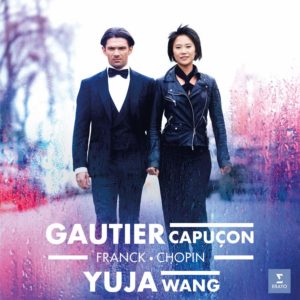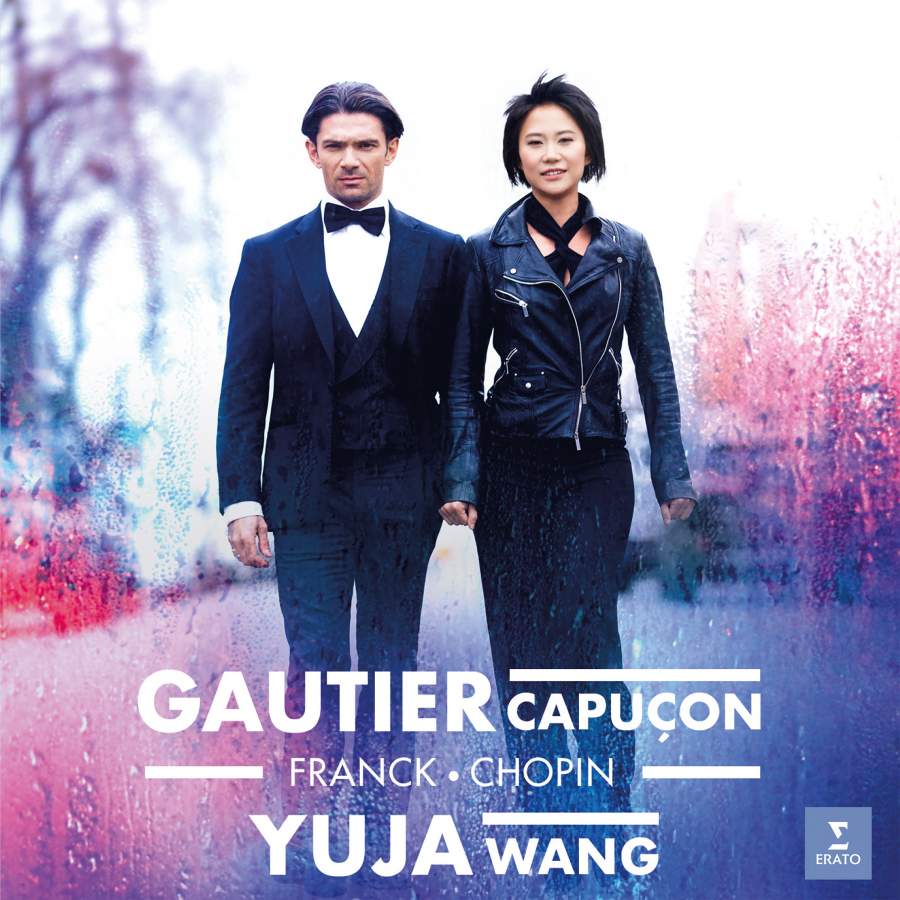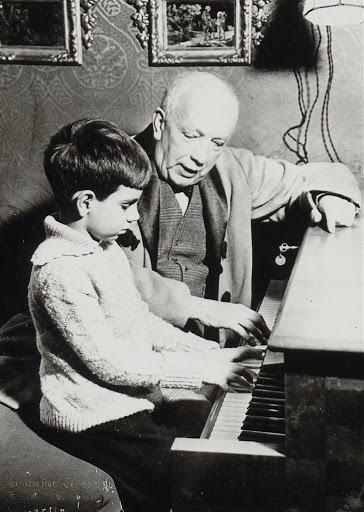Three Warner recitals, one weaker than the next
mainFrom the Lebrecht Album of the Week:
Something’s gone awry with Warner’s release scheduling when they issue three violin-piano recitals at the same time (tho one of them’s actually on cello). Something’s also skewed with the repertoire…
Read on here
And here.







Comments